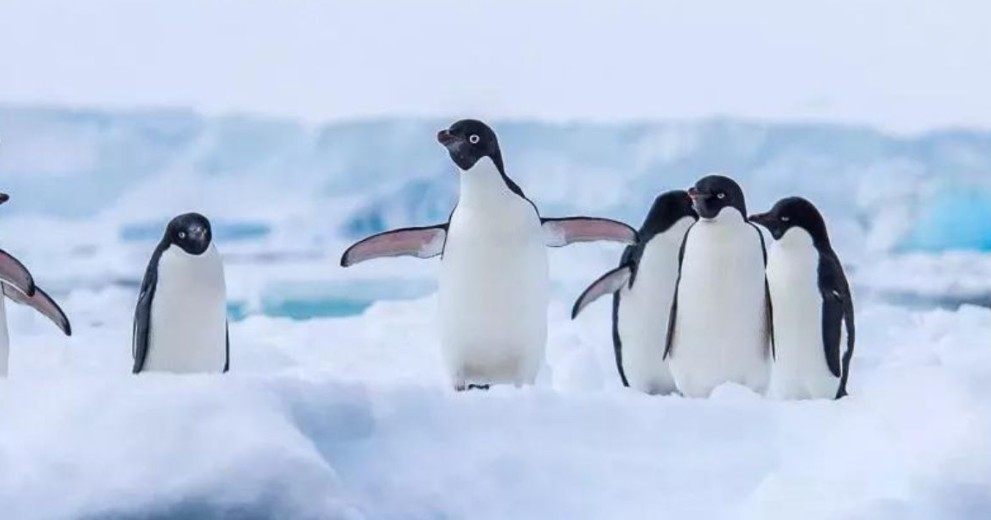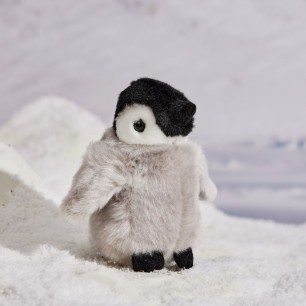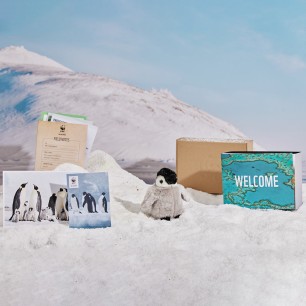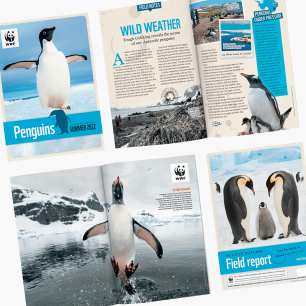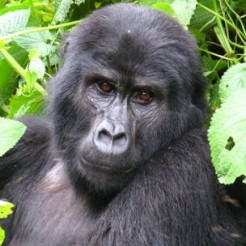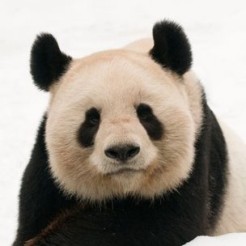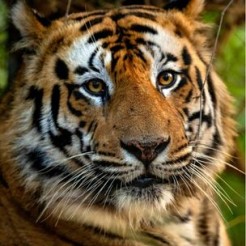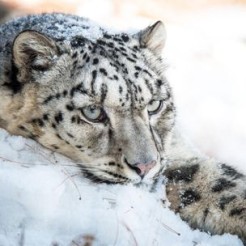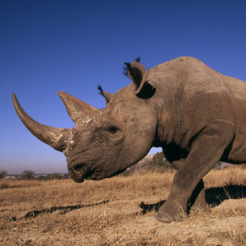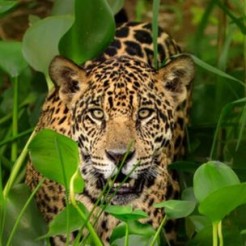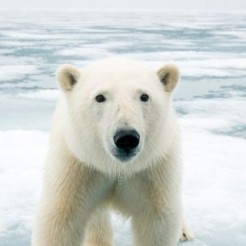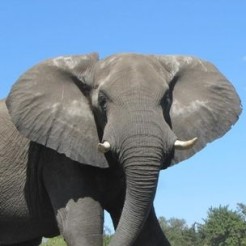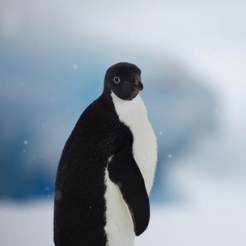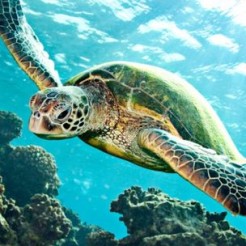Adorable penguins. Captivating, inquisitive - and incredibly vulnerable to threats like climate change.
Your adoption will help protect penguins in the Antarctic and help fund our vital work around the world. When you choose an animal adoption, you are supporting both your chosen animals as well as wider work to help bring our world back to life.
Adopt a penguin and receive
Emperor penguins are the largest living penguin and breed the furthest south of any penguin species. Breeding colonies are found around the coast of the entire Antarctic continent. Emperor penguins may be the only bird never to set foot on land as their colonies are on the sea ice and they even breed on frozen sea. To keep warm, up to 5,000 adults and chicks can huddle together, shuffling round so each gets a turn on the outside.
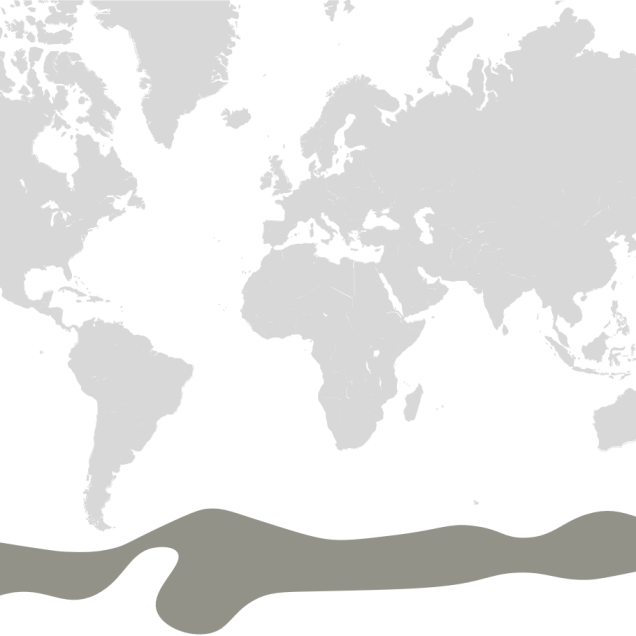
Threats that penguins face
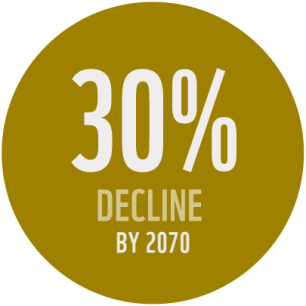
Sea ice loss
Climate change is reducing the amount of sea ice in parts of the Antarctic Peninsula. One of the penguins main food sources - krill - breeds and feeds under the sea ice.
More snow
Adélie penguins only nest on bare, dry land and increased snowfall during late winter and early spring may cause chicks to hatch later. There's less krill around at this time of year, which can affect the chicks’ chances of survival.
Loss of prey
Overfishing of krill in parts of the Southern Ocean may also impact one of the penguins main food sources.
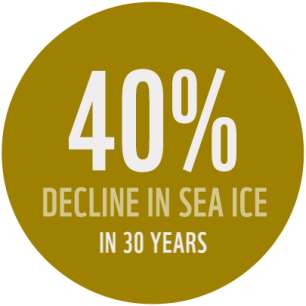
Gentoo penguins
Penguins may also lose ground to gentoo penguins, which are better adapted to warming Antarctic environments.
How We Can Help
We work with governments, industries and individuals to help reduce their greenhouse gas emissions. We encourage them to switch to renewable energy – to help minimise climate change and the warming that threatens penguins, their food sources and their habitat.
We’re also involved in helping improve the way Antarctica is managed through the Antarctic Treaty and the Commission for the Conservation of Antarctic Marine Living Resources (CCAMLR). They ensure that fisheries are sustainable and aim to eliminate illegal, unregulated and unreported fishing.
Your adoption and support will help us:
- improve the management of Antarctica’s resources and safeguard its wildlife
- establish a network of marine protected areas covering at least 10% of the 20 million km² Southern Ocean
- reduce illegal and unsustainable fishing practices
- raise awareness of the threats of climate change we all face
- fund our other essential work around the world
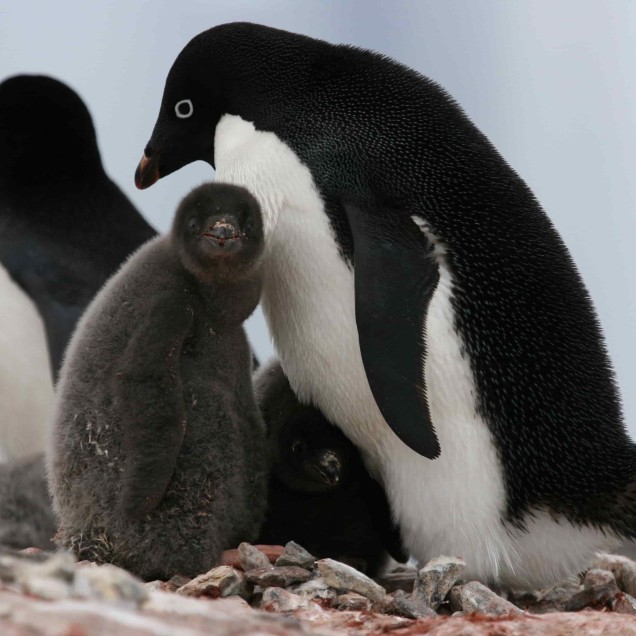
Last minute gift?
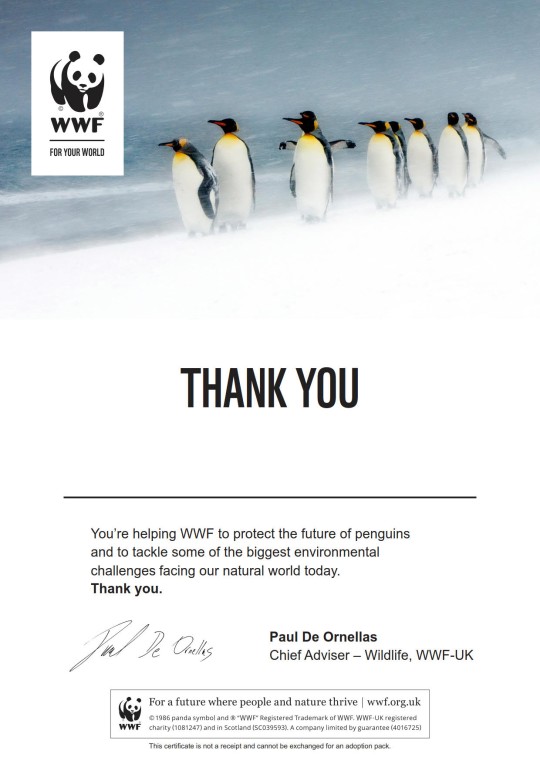
Free delivery
We offer free delivery but ask you to consider helping to cover postage with an optional £3 donation taken at checkout. This means more of your gift can go towards supporting your adoption animal and our wider work.
Your pack will be sent within 2-3 working days - but allow up to 5 working days for it to arrive.
The species counter estimate is for the number of Adélie Penguins in the wild. WWF UK Penguin adoptions support both Adélie and Emperor penguin species.
Want to protect other marine animals too? Check out our adopt a marine animal page to find out more.
